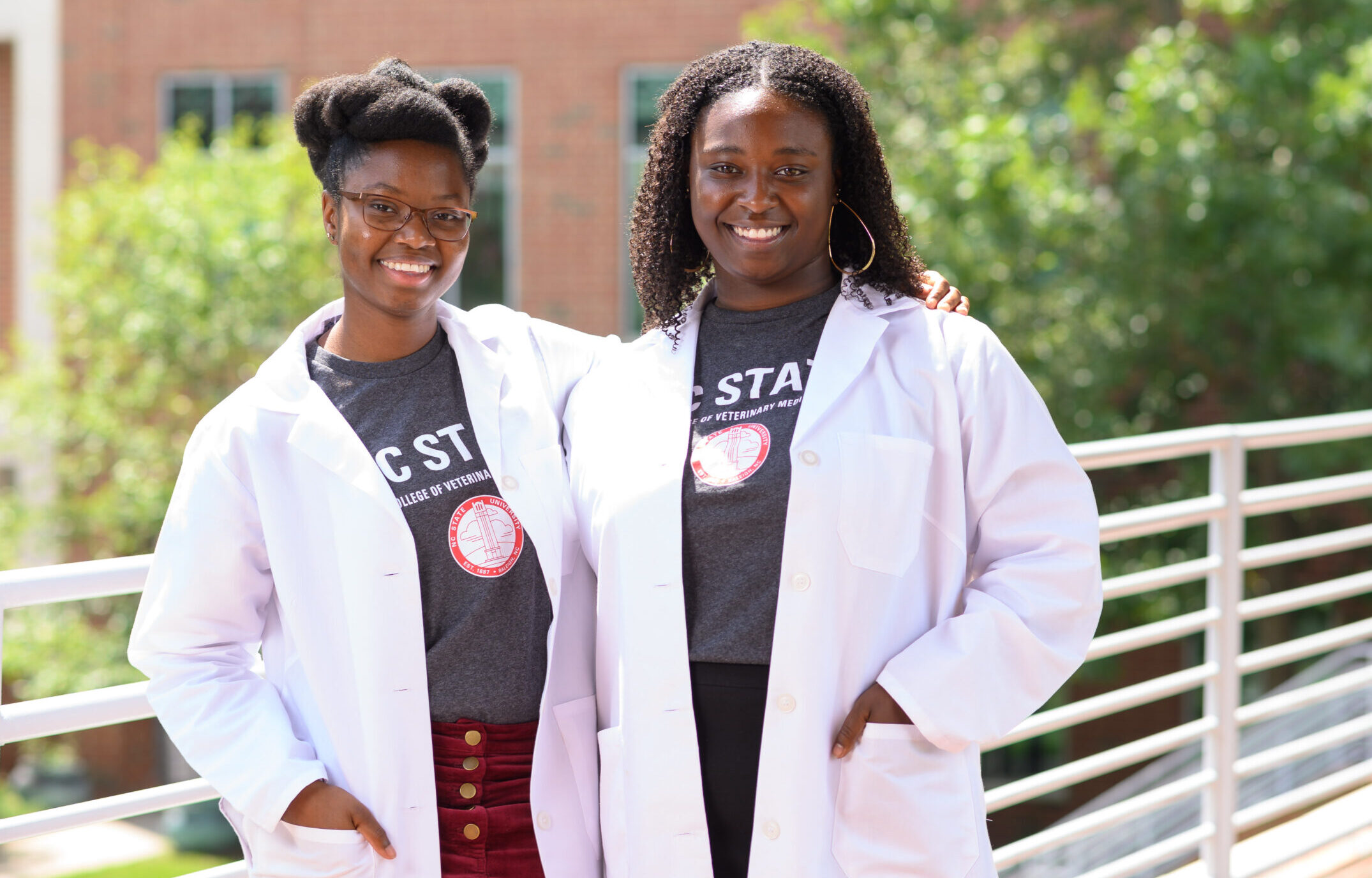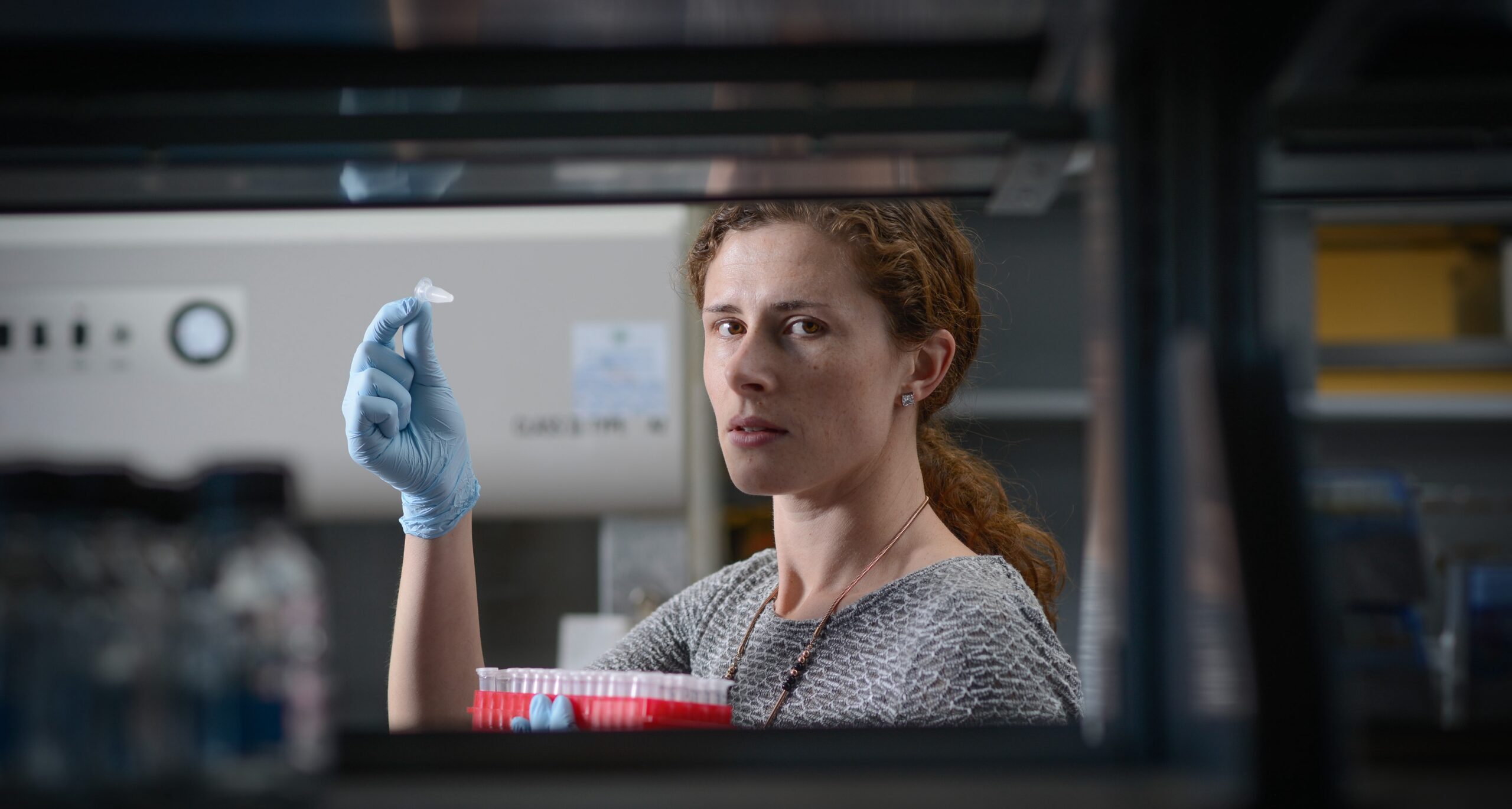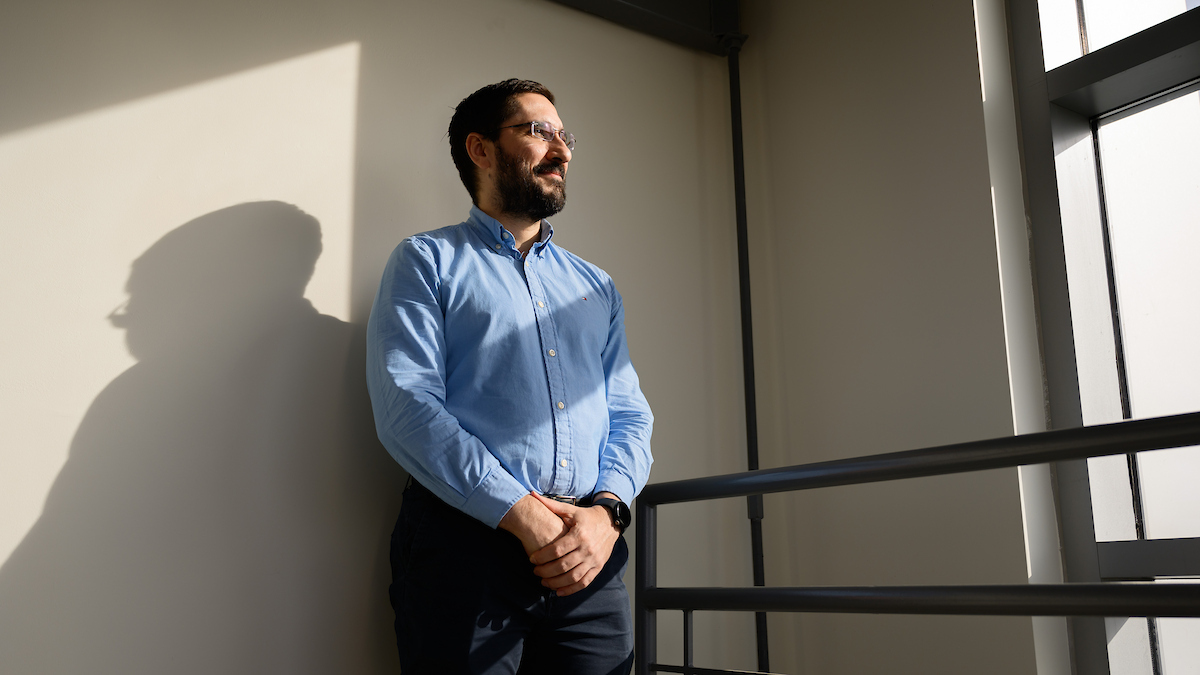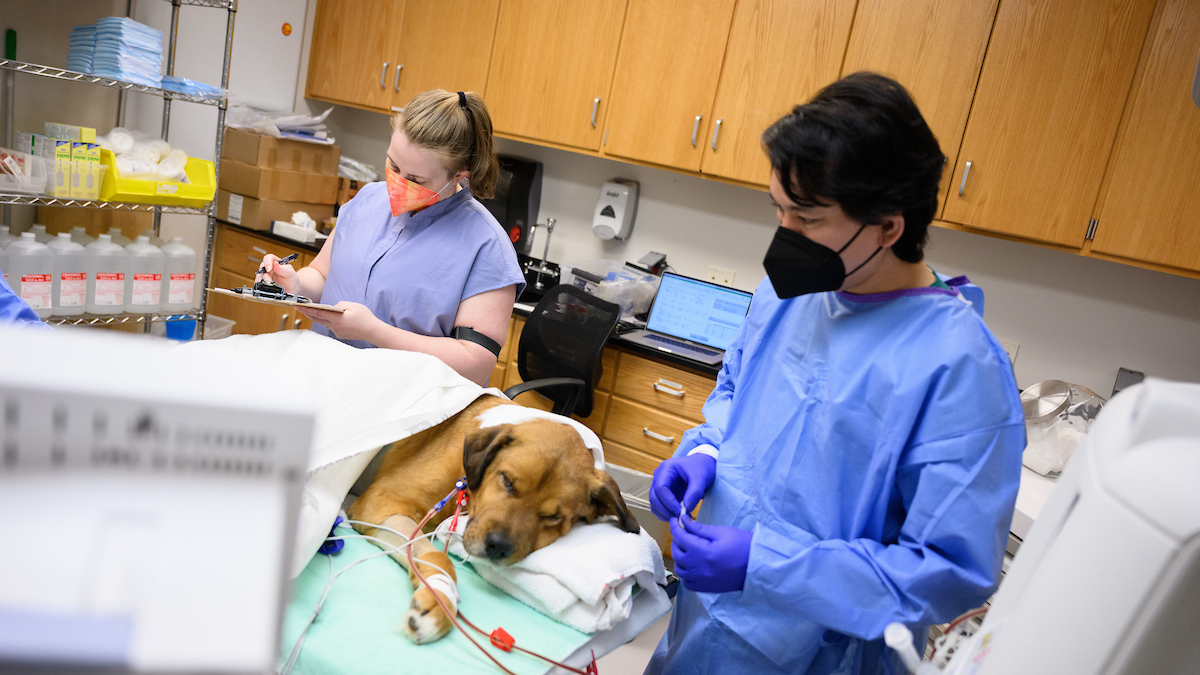
Shaping the Future of Veterinary Medicine
Aspiring veterinarians and biomedical scientists choose the NC State College of Veterinary Medicine because they know they will receive a world-class education and access to exceptional opportunities they can’t get anywhere else.
With cutting-edge educational practices, critical thinking and outcomes-based curriculum as our cornerstones, our professional Doctor of Veterinary Medicine education is second to none.
Our faculty and clinicians are globally recognized as experts in their fields. Our industry partnerships, clinical trials and groundbreaking research have an immeasurable impact.
The top-rated NC State Veterinary Hospital is one of the largest facilities in the nation. Board-certified specialists in more than 30 disciplines provide world-class, compassionate care every day.
We lead the way in ground-breaking research.
We solve global challenges in animal and human health.
We save and change lives — more than 30,000 every year.
Learn About the Programs That Make Us Unique
Quick Facts
- Approximately 525 students in the Doctor of Veterinary Medicine Professional Program
- More than 100 house officers (interns and residents)
- 150 faculty and 450 staff members
- 250-acre campus
- Home to the NC State Veterinary Hospital, one of the highest-rated academic veterinary medical centers in the United States, seeing an average of 30,000 cases annually.
- Clinical faculty including internationally recognized certified specialists in over 30 disciplines. Specialty services at the hospital include cardiology, oncology, neurology, dermatology, internal medicine, zoological medicine, equine surgery and behavioral medicine.
- The college’s 80-acre Teaching Animal Unit, or TAU, is a dynamic, on-campus teaching lab for students to learn husbandry, production management and livestock production procedures.
- Our 100,000-square-foot College Research Building includes state-of-the-art facilities for research teams as well as a BioSafety Level 3 land for investigations into infectious diseases. Faculty researchers, research technicians, and graduate students conduct leading-edge studies in genomic sciences, gene therapy, vaccine development, creation of diagnostic tests, new cancer immunotherapy, and genetic research to prevent diseases in livestock and companion animals.
Explore Our Amazing Campus


